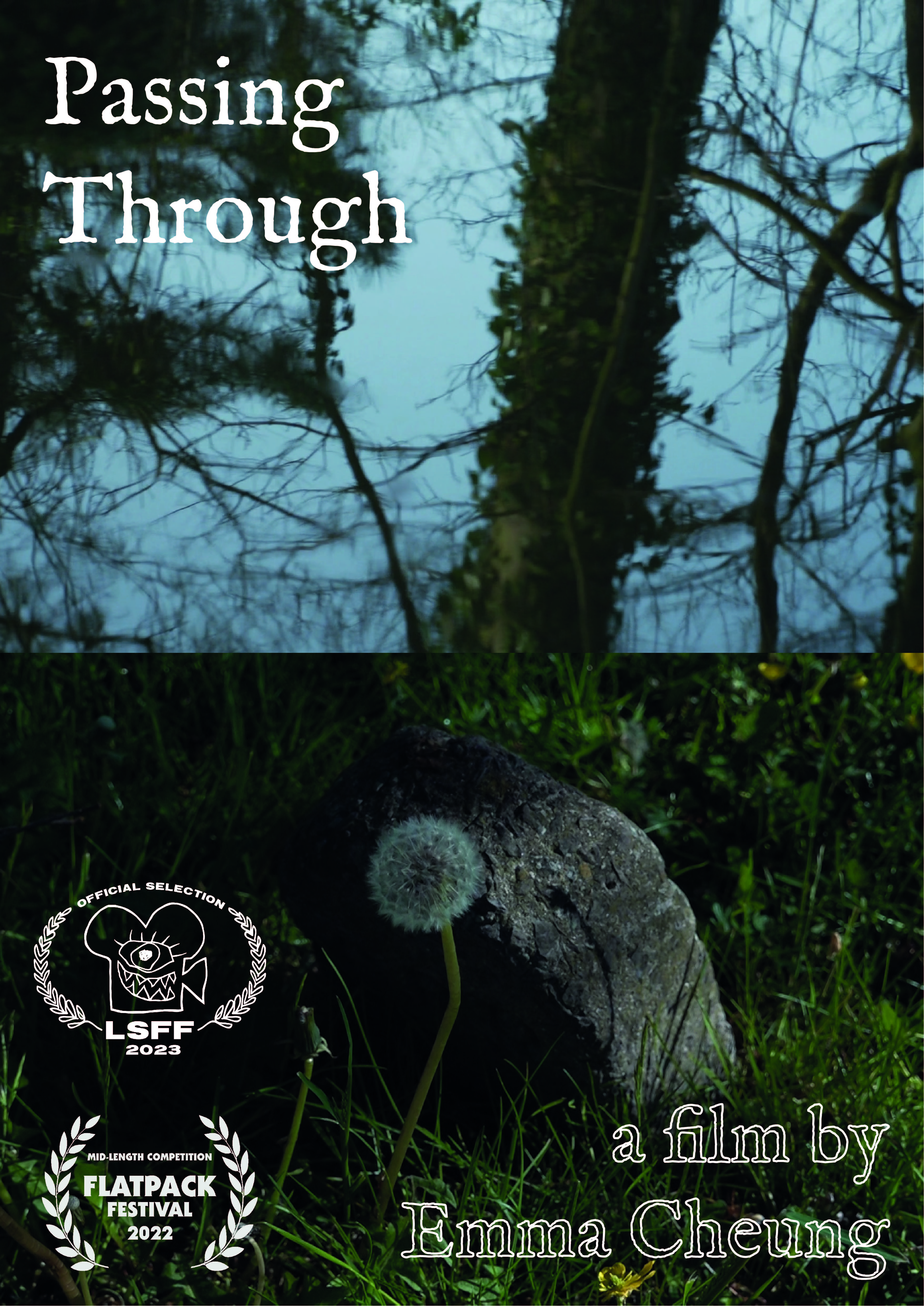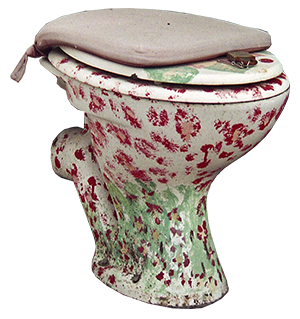Made during the MA Ethnographic & Documentary Film by Practice at UCL.
The idea for Passing Through originated as a reaction to the HS2 project. Aside from the practical concerns of cost and damage to ancient woodland and wildlife habitats, the concept of a high-speed rail and further mechanisation of our landscape seemed to me somewhat troubling. The speeding up of our already hyper-convenient society risks the loss of what slow movement can offer: direct sensory experience of the landscape and an empirical knowledge of the spaces in between towns, cities and villages.
A single walking journey between London (my place of residence) and Birmingham (my hometown) conjured the theme of homecoming but I was more curious about the uncanny resonance of abstract place names and station platforms that I’ve passed through on the train home. I was interested in the identity of these places, their similarities and differences to major city living. I chose the canal as my path due to its embodiment of a slow, nomadic way of life but ironic history as the mode of transport which began the industrialisation of Britain. The canal was not long ago the height of manmade technology; now it has become part leisure facility, part nature reserve.
To change the landscape we must first change our perspective towards it. In our high-tech globalised world, with growing distance from the sources of our material objects and a rapidly changing climate, the attempt to intimately experience our landscape seems necessary. My investigation into the space between the two cities I call home is an attempt to close this gap. The central question of the film is: how can we best experience a landscape? Passing Through presents a personal experience, as a deeply personal experience is what it prescribes the viewer for their own journeys, but along with this it will recommend playfulness, curiosity, interaction and inquisition.

